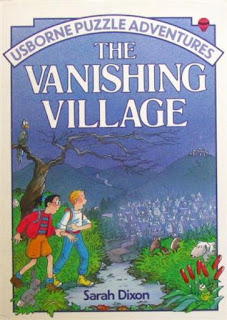PERSONAL: 2018 Review.
It's almost the time of year where people start writing reviews of the year so I thought I'd get slightly ahead of the game and present a very quick round up of 2018. The Lows There are a few that I won’t detail for personal reasons – this year has been a tough one, and I’m still processing a lot of the things that have happened. However, a short summary of the lows : - Spending vast amounts of time hunting highly specific paperwork. - The DLA-PIP transfer. I’m not going to call it Kafkaesque. It’s worse than that. - Getting barged out of the way while attempting to get to a train, causing me to miss the train and a talk I was excited about hearing. - While it could have been worse dealing with the worst case of student mental...
